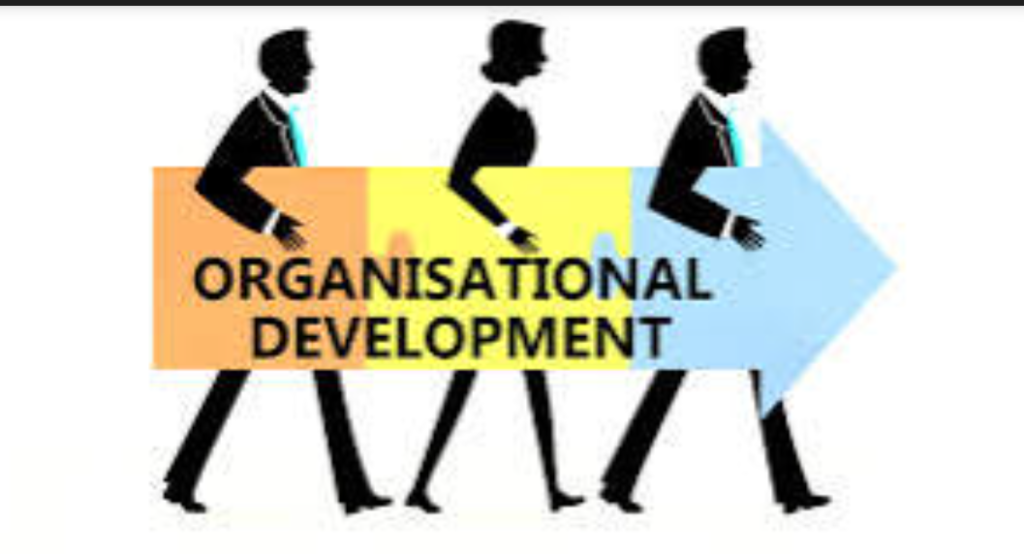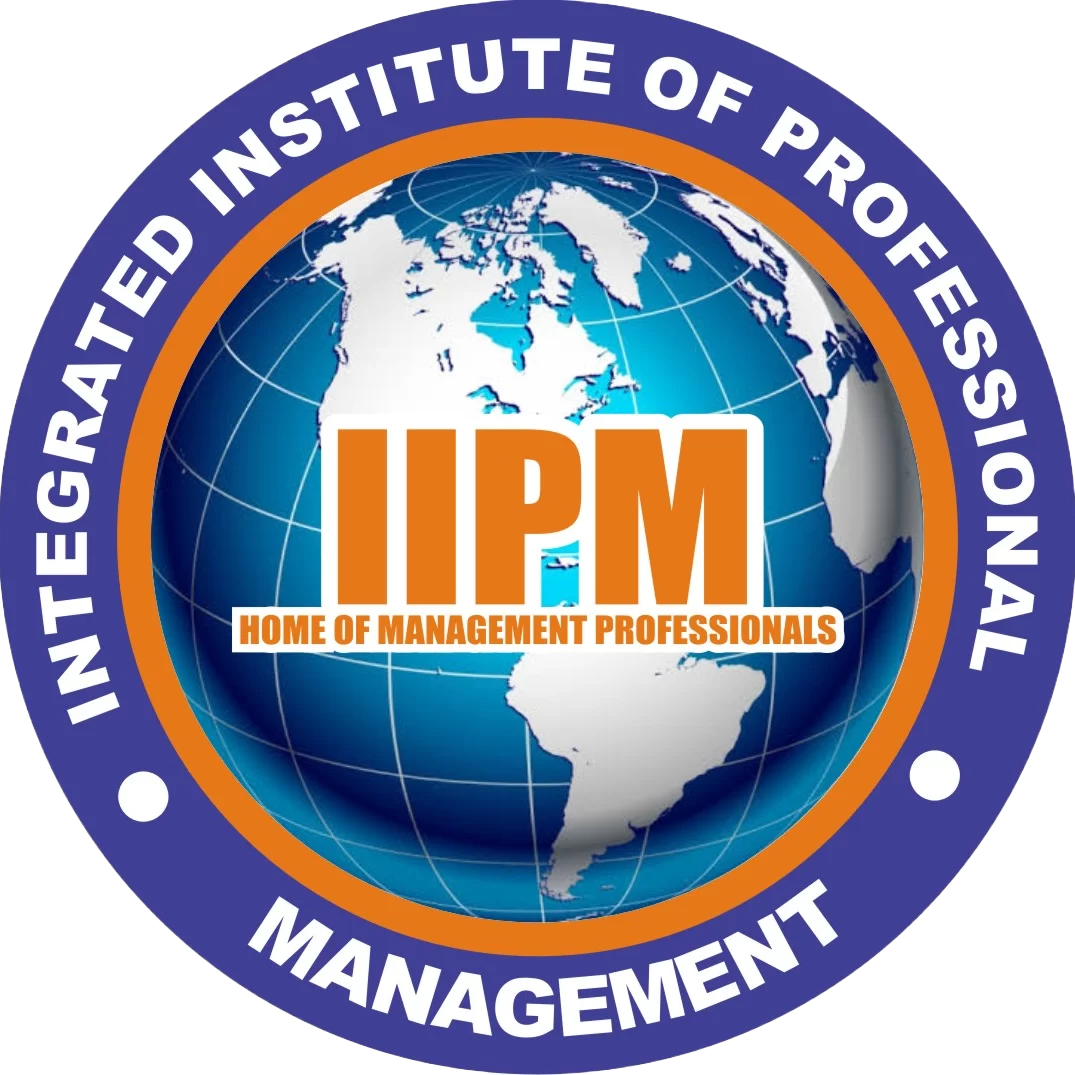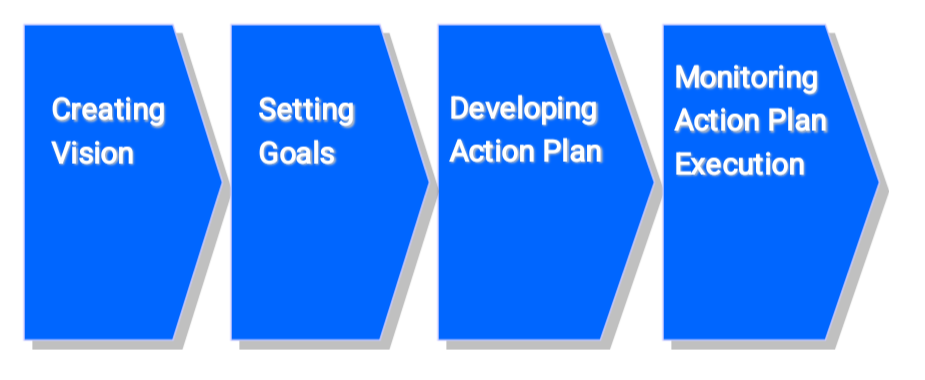Two concepts that have been popping up in my heart, which is why I had to write about them are Emotional Intelligence and Leadership. As a leader, when you can use emotional intelligence as a tool in the course of one’s leadership journey, it will build the team’s confidence and such a leader will enjoy legitimacy from the followers. In this article, I shall highlight concepts that put a leader as a vision creator using emotional intelligence.
One of the ways is by creating a vision. Leaders must ask questions such as “What is our vision for the team/organization — where should the team be headed, what kind of team/organization do we want to become?” A proper answer to this question will bring clarity and direction.
The next is setting goals. The purpose of setting goals is to convert leadership statements of team vision into specific performance targets — results and outcomes the team wants to achieve. Setting objectives and then measuring whether they are achieved or not helps leaders track a team’s progress. By integrating emotional intelligence into goal-setting, leaders can enhance team cohesion, motivation, and overall performance. Use the goals set to develop an action plan.

In doing this, an Analysis of external opportunities and threats; an Analysis of internal capabilities and areas for improvement is imperative. Internally, for instance, a leader will use Self-Awareness to reflect on your own emotions and how they might influence your decisions. Understand your strengths and limitations. Empathy can be used to gauge the emotional climate of your team. Understand their needs, concerns, and motivations.
Another important emotional intelligence tool to be used by leaders is Transparency and Communication. Clearly explain the action plan, objectives, and expectations. Be open about challenges and solicit feedback. Be an Active Listener and ensure that team members feel heard and valued by actively listening to their input and concerns. While you do this, develop a monitoring and evaluation plan. Develop measurable key performance indicators (KPIs) to track progress.
Lastly, track your progress using the KPIs developed. This will help you know when there is a deviation from the goals or the vision of the organization. Schedule regular meetings to review progress, address issues, and adjust the plan as needed. Be prepared to adapt the action plan based on feedback and changing circumstances. This is where flexibility comes in.
I have seen leaders bent on moving towards destruction even though all indicators are showing that they should redirect or revisit their vision or recheck their goal-setting mechanism. One strong advice I always give is that every task must have an evaluation parameter and where possible, let it be done by an independent body.
Emotional Intelligence can be developed through continuous learning and I highly recommend the Certificate Course in Emotional Intelligence for Professionals coming up July 18 – 20, 2024. Check the details here.
The nexus between leadership and emotional intelligence (EI) is fundamental, as effective leadership often hinges on the ability to understand and manage emotions, both in oneself and in others. Leaders who cultivate and apply emotional intelligence can create a positive organizational climate, inspire and engage their teams, and navigate the complexities of leadership with greater effectiveness.
Thank you for reading this article. Please let us have you comments and contributions.
Also, feel free to join this discussion on Linkedin.




Latest Articles
- HOW TO USE EMOTIONAL INTELLIGENCE TO IMPROVE TEAM PERFORMANCE AND LEADERSHIP
- HOW TO USE EMOTIONAL INTELLIGENCE AS A VISIONARY LEADERS
- TWO SIDES OF THE SAME COIN: PROFESSIONAL BULLYING AND CYBERBULLYING
- ORGANIZATIONAL DEVELOPMENT OR ORGANIZATIONAL BEHAVIOR
- Understanding Corporate Image: Simple Tricks In Organizational Development

He has a doctorate degree in Leadership and Organizational Strategy, a Master Degree in Business Administration and Executive Leadership in Management. He is a Fellow of a lot of professional bodies and is a Faculty member is many of them. He is also the Deputy Registrar of the Integrated Institute of Professional Management. He is A Senior Management Consultant with Deebee Consulting, and Board Advisory of a leading Oil and Gas company in Nigeria. His work experience cuts across the hospitality, health, FMCG, Mines and Steel, HR Consulting, and Manufacturing. He has worked with C-Suites and has rosed to a Group Human Resources Manager where he managed over 5,000 staff of the organization. He is also a certified BPO, a Trainer and he majors in organizational designed and Human Resource Management.




